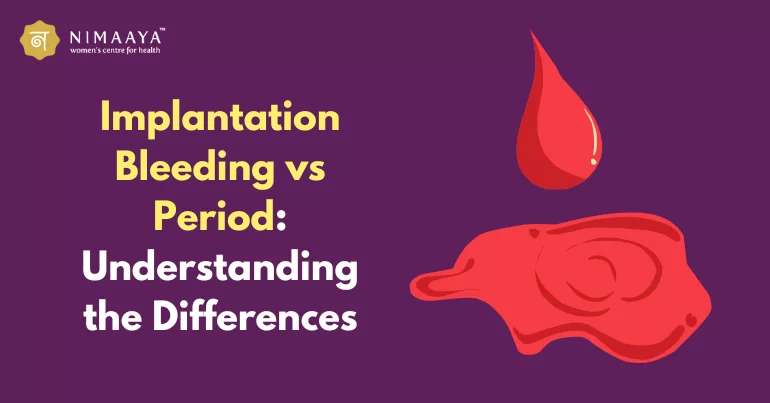
When it comes to choosing between the birth control shot (such as Depo-Provera) and the birth control pill, there are several factors to consider. Both methods are highly effective in preventing pregnancy when used correctly, but they have different characteristics, benefits, drawbacks, and potential side effects. Here’s a detailed comparison of the two:
1. Mechanism of Action
- The Shot: The birth control shot contains a synthetic form of the hormone progestin (specifically, depot medroxyprogesterone acetate, or DMPA), which is injected into the body every three months (about every 12 weeks). It works by preventing ovulation (the release of an egg from the ovaries), thickening cervical mucus to block sperm, and thinning the uterine lining to make it less receptive to a fertilized egg.
- The Pill: Birth control pills usually contain a combination of two hormones—estrogen and progestin—or just progestin. Combination pills work by preventing ovulation, thickening cervical mucus, and altering the uterine lining. Progestin-only pills (also known as mini-pills) primarily work by thickening cervical mucus and thinning the uterine lining, though they can also suppress ovulation in some cases.
2. Effectiveness
- The Shot: When used correctly (i.e., getting the shot every three months without delays), the birth control shot is about 99% effective. However, typical use (which includes occasional delays in getting the shot) brings the effectiveness down to about 94%.
- The Pill: Birth control pills are also 99% effective with perfect use, but typical use (which can involve missing doses, taking pills late, or not following instructions carefully) makes them 91% effective. This is because pill effectiveness relies heavily on daily consistency.
3. Convenience and Frequency
- The Shot: The major advantage of the shot is that it requires an injection only every three months, making it highly convenient for people who might struggle with daily pill-taking. Once injected, you don’t have to think about birth control daily.
- The Pill: The pill requires daily use at the same time each day. This can be inconvenient or challenging for people with busy schedules or who may forget doses, leading to decreased effectiveness if doses are missed.
4. Side Effects
- The Shot:
- Irregular bleeding: Many people experience changes in their menstrual cycle, including irregular spotting, lighter periods, or complete absence of periods (amenorrhea). This can be a benefit for some but may be undesirable for others.
- Weight gain: Some people report gaining weight while using the shot, though the evidence is mixed.
- Bone density: Long-term use of the shot (more than two years) may lead to a decrease in bone density, although this is typically reversible once the shot is discontinued.
- Mood changes: Some people experience mood swings, depression, or anxiety with the shot, though this varies widely between individuals.
- Delayed return to fertility: After stopping the shot, it may take some time (6 to 12 months) for fertility to return.
- The Pill:
- Side effects related to estrogen: For combination pills (those containing estrogen), side effects can include nausea, headaches, breast tenderness, and an increased risk of blood clots, especially in people who smoke or have certain medical conditions.
- Progestin-only pills: These pills generally have fewer side effects related to estrogen but can still cause irregular bleeding or spotting, mood changes, and headaches.
- Blood clot risk: Combination pills carry a slightly higher risk of blood clots compared to the shot, especially in people who smoke or have other risk factors like obesity or a history of clotting disorders.
5. Health Benefits Beyond Contraception
- The Shot: The birth control shot may offer some additional health benefits, such as:
- Reduced risk of endometrial cancer: Long-term use may reduce the risk of uterine cancer.
- Improvement in endometriosis symptoms: It can help with the management of endometriosis, reducing pain and other symptoms.
- Reduced risk of ovarian cysts: The shot can help reduce the formation of ovarian cysts.
- The Pill: Birth control pills, especially combination pills, may offer the following benefits:
- Regulated periods: They can help regulate menstrual cycles and reduce heavy bleeding or painful periods.
- Reduced acne: Some birth control pills are specifically prescribed to help reduce acne.
- Decreased risk of ovarian and endometrial cancers: Like the shot, the pill also lowers the risk of these cancers when used long-term.
- Management of other conditions: Pills can be used to treat conditions like polycystic ovary syndrome (PCOS), acne, and menstrual disorders.
6. Return to Fertility
- The Shot: One downside of the shot is that fertility may take some time to return after stopping the injection, sometimes several months. This delay may be a concern for people who plan to get pregnant soon after stopping birth control.
- The Pill: Fertility typically returns quickly after discontinuing the pill, usually within a few weeks to months. This can be advantageous for people who want to conceive soon after stopping birth control.

7. Cost
- The Shot: The shot is typically more expensive per dose than the pill. However, since it is administered only once every three months, the overall annual cost can be similar to or lower than that of the pill, depending on insurance coverage.
- The Pill: The pill is usually less expensive per month, but the total cost over the year can add up, especially if you don’t have insurance or your insurance doesn’t cover it fully.
8. Ideal Candidates
- The Shot: Ideal for people who prefer a set-it-and-forget-it method, want to avoid the daily routine of taking a pill, and don’t mind potential changes in menstrual bleeding. It might also be a good choice for people who can’t use estrogen-based methods or who need a method that doesn’t require daily attention.
- The Pill: Ideal for people who can commit to taking it at the same time every day and who want a method that is easy to stop and start. It’s also a good option for those who prefer a reversible method that doesn’t involve injections.
Conclusion
Ultimately, whether the birth control shot or the pill is better depends on your personal preferences, lifestyle, and medical considerations. The shot is a convenient, highly effective, long-term option for people who want to avoid the hassle of daily pill-taking, while the pill offers flexibility, ease of use, and a faster return to fertility after stopping.
Before making a decision, it’s important to consult with a healthcare provider to discuss your health history, lifestyle, and preferences to find the best option for you.
 |
৫ জুন, ২০২৫
|
৫ জুন, ২০২৫ 






